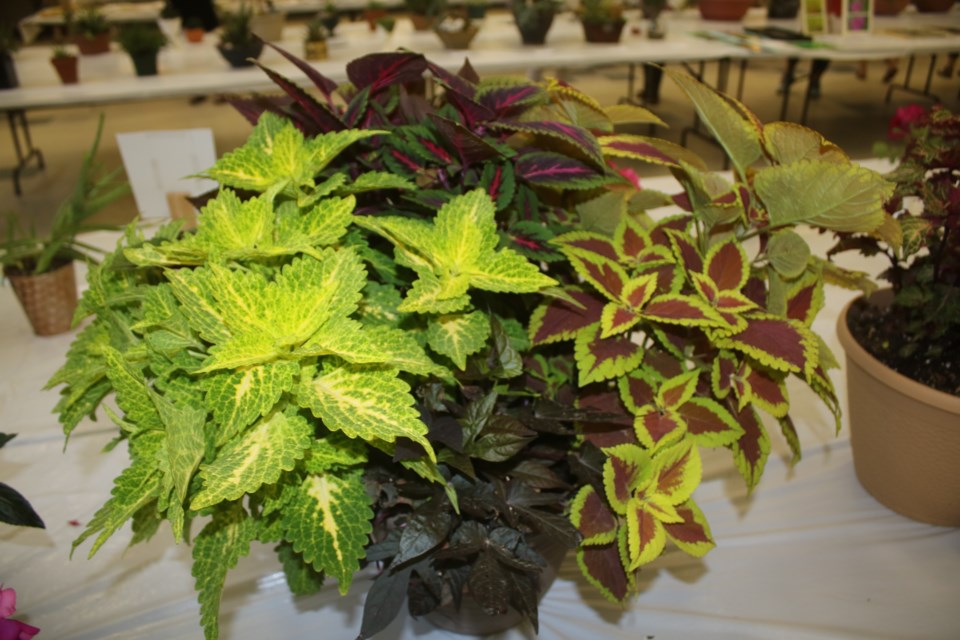At this time of year, the question comes up: when should we move perennials? We are getting into the ideal time: the heat has passed, the chance of rain has arrived, and by moving perennials now they still have time to get settled into their new homes. They need about six weeks for this, so count backwards from when we usually have a heavy frost. That usually takes us to transplant time in September, with overcast, cooler weather for the plants and the gardeners! So, gardeners, the time is now!
I have read that we should move perennials that bloom in the spring, in the fall; and perennials that bloom in the fall, in the spring. If you can get yourself coordinated to do this, more power to you! But for many of us, moving perennials seems to be an autumn project, and that is fine as long as we allow them enough time to get re-established.
Someone asked me about moving plants a few weeks back, but this year the temperatures were just too extreme at that time. Moving perennials during the heat we had this summer would have given them great stress; there is almost always some root loss in moving perennials, and with heat, the loss is more pronounced. The poor plant might not be able to get established, pull in moisture to cool itself and perish.
In the excitement of moving things around, it’s a good idea to take a pause and decide on the best spot to move the plant. Otherwise we might be moving it again in a couple years. Consider the amount of light and water that the plant needs, and make sure the new location can provide these things. A perennial that likes shade and moist soil shouldn’t be moved to a dry, arid spot in the middle of the garden just because there is room there. Take time to make a plan.
After that, the physical work begins. Use a spade or digging fork to dig up the perennial, and divide it if needed. (How do we know if it needs to be divided? If the centre of the plant is starting to empty out, or if the plant has had very few blooms, we know that it is needed some TLC.) We must be careful to cause as little root damage as possible. We should dig out a good amount of soil with the plant, and when making the hole for its new home, make it bigger than we think we need; we can always backfill. The hole should be large enough for the plant’s roots to be spread out comfortably. We must make sure that the soil is loosened and not compacted.
Next, we set the plant in the hole, spread the roots, and fill in the hole with soil. We could also add some compost at this time to provide nutrients and loosen the soil a bit. Then we water it in well, and make sure it is watered well and deeply for a couple weeks so that the roots work their way down. A little sprinkle from the top is not enough. Last of all, mark it with a stick so that we remember where we moved it, and the task is done!
Don’t miss the Yorkton Gardener’s Market on Saturday, from 9AM till noon at the north parking lot of the Prairie Harvest Christian Life Centre, corner of Melrose and Simpson. Homegrown produce, eggs, jams, relish, flowers, and honey. If you have any questions about the market, or perhaps would like to be a vendor, just call Glen at (306) 783-7040.
Thank you for Yorkton This Week for their excellent work every week; enjoy this cooler time in your garden! Have a great week




